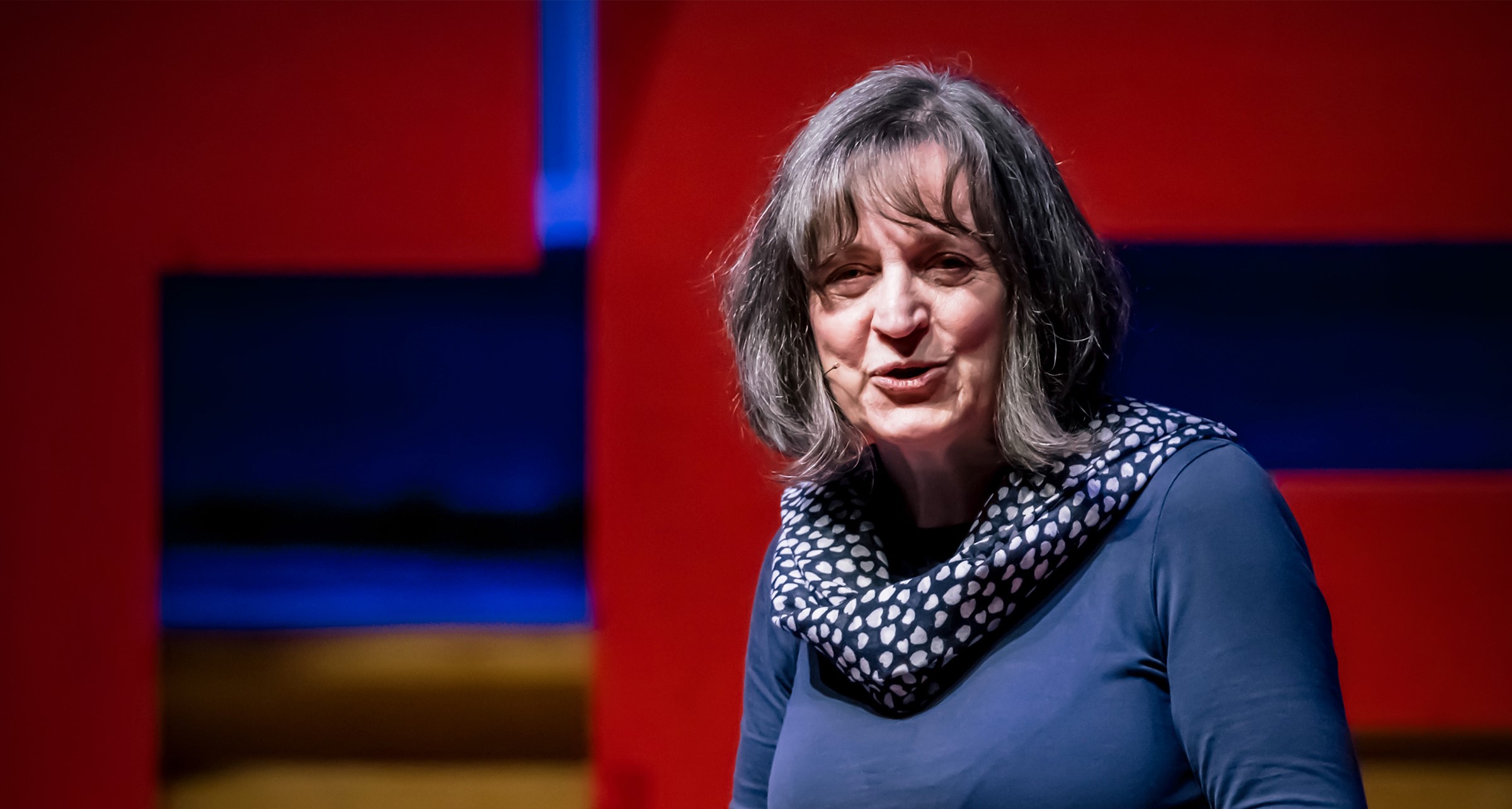
What Happens As We Die? | Kathryn Mannix
Human beings possess a unique awareness of their own mortality, a contemplation deeply rooted in our consciousness. This ability to reflect on the inevitability of death sets us apart from other animals. In the realm of palliative care, where the focus shifts from curing to comforting, this contemplation becomes intensely personal and profound. Hospices, serving as sanctuaries for those facing imminent death, are often the final stages where individuals confront their mortality. Here, the emphasis is on alleviating agony and providing support, not just to the body, but to the soul grappling with existential distress.
In such a setting, I encountered a woman with a cloud of glorious white hair, emitting an aura reminiscent of a halo, symbolizing a blend of divinity and the gravity of human existence. Her piercing brown eyes seemed to delve into the deepest parts of one’s being, while her self-contained and somewhat aloof demeanor masked the fear and vulnerability beneath. Despite her impending end, her moments of human connection were profound. One day, as she grasped the nurse’s hand, stroking it gently in a soothing manner, her eyes conveyed a mesmerizing mix of fear, acceptance, and a plea for reassurance. In her own inimitable way, she communicated her needs and fears, reminding those around her of the power of human connection in the face of life’s ultimate truth. As a caregiver, moments like these are both heart-wrenching and deeply humbling, driving one to seek a moment of solitude to reconcile personal emotions with professional responsibilities.
New words and phrases
- Human beings are the only animals capable of contemplating their own mortality التفكير بعمق في
- Contemplating: Reflecting deeply or thinking profoundly about a subject
- Hospitals had nothing to offer, once a person was so sick that their death was imminent. وشيك
- Imminent: About to happen or occur very soon
- I went to work in a hospice
- Hospice: A facility or program that provides care and support, especially for terminally ill patients
- She had a cloud of glorious white hair, like a halo. هالة
- Halo: In this context, a halo refers to a circle or ring of light, often symbolically associated with divinity or holiness
- She had piercing brown eyes, the kind of gaze that you feel a person can see your soul.
- Piercing: Sharp, intense, or penetrating
- Gaze: To look steadily or intently. It refers to the way the person looks with intensity, creating a specific kind of connection or impact
- She was self-contained, she was a little bit aloof. كتفية ذاتيا، منعزلة
- One day, she told the nurse who was looking after her that she was terrified of dying in agony عذاب
- Agony: Intense physical or mental suffering, often associated with extreme pain or distress.
- This was a profound existential distress. ضائقة وجودية عميقة
- Take a snooze قيلولة
- She nodded, and she got hold of his hand. أومأت برأسها
- She’s got hold of one of his hands, and she’s stroking it. تمسح عليها
- Stroking: Gently moving one’s hand or a soft object over a surface, typically in a repetitive and soothing manner. In the context of the sentence, it describes the action of the person gently caressing or comforting the hand of the other individual.
- But she is mesmerized. منبهر، مفتون
- Palliative care الرعاية التلطيفية
- In her own inimitable and aloof way, she told us that we were no longer required. الفريدة والمنعزلة
- And I went to the kitchen to blow my nose and dry my eyes أنظف أنفي
